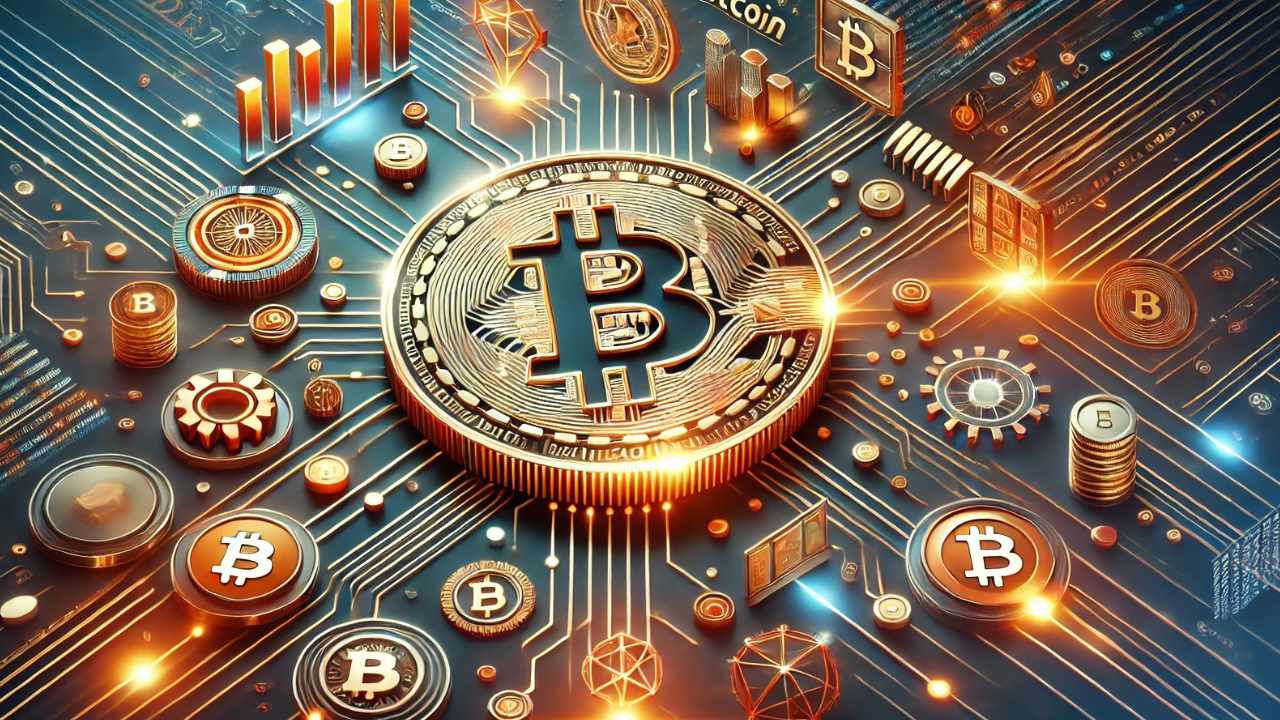
CZ highlighted examples such as regulatory complexity and capital requirements as reasons why he isn’t keen on Binance buying a bank.
Binance CEO Changpeng Zhao says the firm is unlikely to buy up any banking institutions, despite a growing worry of crypto companies being debanked, including Binance’s own operation in Australia.
The collapse of several United States banks this year has prompted concerns that the pool of crypto-friendly banks is shrinking. former key banking partners, Silvergate, Silicon Valley Bank, and Signature Bank have all capitulated this year.
Meanwhile, down nder, Binance Australia announced a halt to its Australian dollar services after its payment provider decided to end support for the exchange. The exchange has still yet to find an alternative provider.
UPDATE - We have confirmed with our local payment partner that our users can continue to withdraw AUD via bank transfer until 17:00 June 1, 2023 AEST. Users can still continue to buy and sell crypto via debit and credit card.
— Binance Australia (@Binance_AUS) May 22, 2023
We are working hard to find an alternative provider…
Appearing on a May 29 episode of the Bankless Podcast, CZ responded to a question from popular Twitter user DegenSpartan, who humorously asked: “Can you please, buy a bank and make it crypto-friendly?”
“Well we did look at that,” CZ said, as he went on to outline the limitations on that train of thought:
“The reality is much more complex than the concept. You buy one bank, it only works in one country, and you still have to deal with the banking regulators of that country. It doesn’t mean you can buy a bank and do whatever you wanna do.”
“If the banking regulators say, ‘look you can’t work with crypto’ then they can take your license away if you do. So buying a bank doesn’t prevent regulators from telling you ‘no you can’t touch crypto’,” he added.
Delving further into the matter, CZ argued that even if Binance bought one bank, it would still need “corresponding banks all over the world and most of the corresponding banks are in the U.S.”
“Then the corresponding banks will tell your bank ‘look if touch crypto, we’re not facilitating your international transactions,” he said.
Another issue is also the cost, argued CZ, as he suggested that Binance would barely make a profit from owning a bank, or network of banks.
Related: Binance kicks off transition to new platform in Japan
“Banks are not cheap. Banks are very expensive for very little business revenue. [...] The amount of capital required is quite high, and the regulatory approval for buying a bank is the same or more as setting up a new bank, which is very onerous,” he said, adding:
“Many banks don’t have very sound business models. They’re very risky businesses. They take the customer’s money, loan it out, try to make money, if they don’t get it back, they declare bankruptcy. In many countries the government will save them, but I don’t like to run those kinds of businesses.”
Ultimately, however, CZ stated that Binance may make small minority investments into banks so that it “hopefully influences them to be more crypto-friendly.”
Magazine: Cyptocurrency trading addiction — What to look out for and how it is treated





